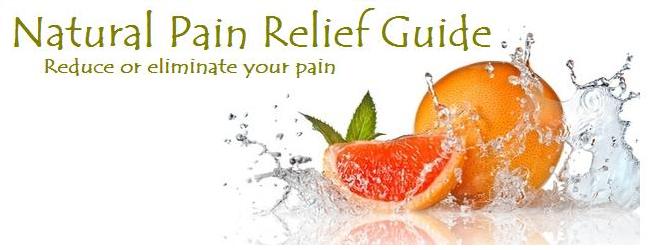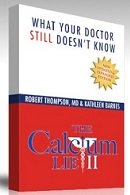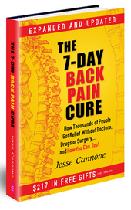|
Varicose Veins Herbal Treatments
Living with varicose veins? Herbal treatments are presented here that may help with symptom relief and keep you from medical treatments.
Here are some notes about herbs reported to help with the discomfort of varicose veins and hemorrhoids. For all the herbs, especially for pregnant and nursing women and children, check with a medical professional regarding use.
Butcher's broom (Ruscus aculeatus), a plant in the lily family, contains compounds called ruscogenins. These substances decrease inflammation, strengthen collagen in blood vessel walls and improve circulation. German researchers have found that it helps to tighten, strengthen, and decrease inflammation in veins. Commonly taken internally, a butcher's broom compress may also be applied externally. Side effects may include digestive complaints such as indigestion or nausea. People with high blood pressure or benign prostate hyperplasia should consult a doctor.
Horse chestnut (Aesculus hippocastanum) extract is commonly-used for varicose veins. Its active constituent, aescin, blocks enzymes that damage capillary walls. Researchers have found that the extract produced a significant reduction in leg pain and swelling In producing the horse chestnut extract, certain toxic components are removed which could cause problems if other forms of horse chestnut are used. Do your research on this one and use with medical supervision.
Lavender, applied externally, reduces inflammation and helps heal varicose veins.
Rosemary strengthens and protects veins and improves circulation. Use as a flavoring in appropriate foods or make a liniment to apply externally. It is very rich in antioxidants.
St. John's wort reduces inflammation and can be applied externally in salves, oils, or tinctures. Internally, infusions of St. John's wort can provide nutrients and compounds that strengthen the veins. It is best used fresh or freeze-dried, because the medicinal properties are lost if it is just air-dried.
White oak bark herb tea used to bath the legs several times a day can be helpful. This can also be done by soaking a cloth in the strong tea and applying it to the affected area.
Witch hazel, is best used as a strong decoction in a compress. It can also be used as a tea. It contains essential oils, gallic acids and tannins that can reduce pain and swelling.
Other herbs that might be helpful include yarrow, calendula tincture, and chamomile are also helpful used topically. Hawthorn, linden flowers, and bilberry contain flavanoids that bring health to the blood vessel walls.
|
Keep up to date with
valuable insights into
pain management via
a healthy lifestyle.
Receive the monthly
Natural Pain Relief
Guide Newsletter.
News articles, health
tips, specials, freebies.
Enter your email and name
in the form to the right.
|
|
|








New! Comments
Have your say about what you just read! Leave me a comment in the box below.